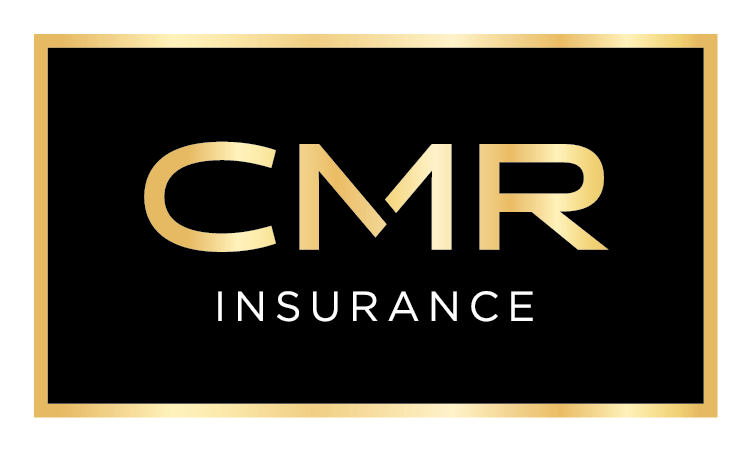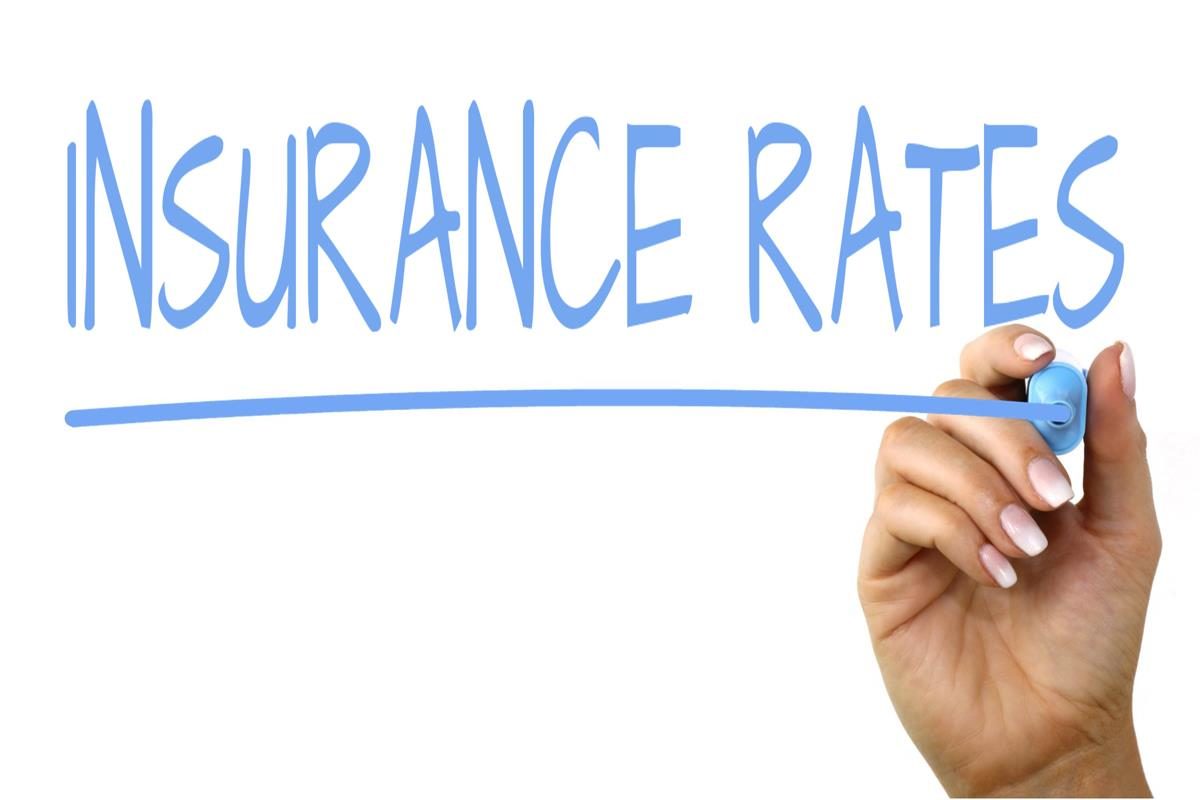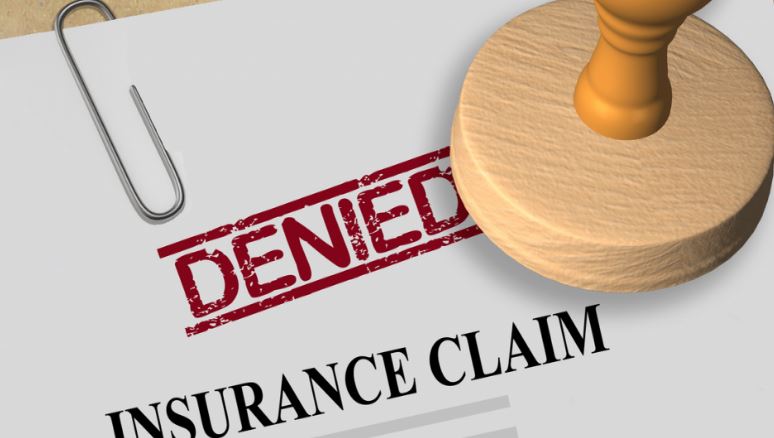When
When your insurance premiums go up even though nothing about your situation seems to have changed, you may find yourself feeling frustrated and wondering why? With that in mind, we hope to provide some insight into what is happening behind the scenes that is contributing to industry-wide rate increases.
TOP REASONS FOR AUTO INSURANCE RATE INCREASES
Before listing the common factors driving auto insurance rate increases, it’s worth noting that auto insurance premiums in Ontario are regulated by the government.
In order for a rate change to be implemented, Insurers must first submit any proposed changes to their rates to the Financial Services Commission of Ontario (“FSCO”) for approval along with supporting actuarial data.
FSCO and its actuaries then review this data and insurers’ assumptions regarding claims costs, expenses and investment income to ensure that, as required by law, the proposed rates are:
- just and reasonable;
- not excessive; and
- not going to impair a company’s financial solvency.
As a result of FSCO’s review, an insurance company may be required to amend its proposed rates before they are approved. Only after FSCO has approved the application can the rate increase be put into affect.
Having said that, the following are the top reasons for auto insurance rate increases:
Windshields now have built-in technology – New advanced driver assistance systems make windshields more expensive to replace. Recalibrating a car’s computer system following a windshield replacement also adds to labour costs.
Front and rear bumper sensors are pricey – Even a tiny fender bender can require a bumper replacement. Many repairs also require a vehicle’s computer system to be recalibrated for the sensors to work. Those extra labour costs can really add up.
Fancy autonomous features – Newer vehicles can now come with a whole range of autonomous capabilities like adaptive cruise control and park assist. As you might expect, they also use complex computer systems and sensors that cost more to repair.
At-fault collisions, traffic tickets or violations, and licence suspensions – If you have an accident where you’re determined to be at fault, you’re considered a higher risk to insure (plus you could lose out on a claims-free discount if you had one). Traffic tickets or violations and having your licence suspended (if not for an administrative or medical reason) also increase your risk level, which often results in higher premiums.
Fraudulent claims – Fraudsters who stage accidents to make money are affecting the entire industry. In Ontario alone, the Insurance Bureau of Canada reports that car insurance fraud costs drivers an estimated $1.6 billion each year (or about $236 per driver). Rates increase to cover these costs.
Distracted driving – Distracted driving now outpaces drunk driving as a leading cause of accidents and deaths on the roads, and the damage that occurs in distracted driving-related accidents tends to be more severe. Premiums often increase to offset these costs.
Medical services are more expensive – It’s not just physical repairs that can cause premiums to rise. If you’re injured in an accident, you might need medical services like physiotherapy to recover. And like everything else today, these services cost more every year.
Trends that show your area as a higher risk for collisions, theft, or other incidents – Your premiums could increase if analytics show that your area has become more prone to risks (like extra traffic congestion or extreme weather events that lead to collisions, for example).
TOP REASONS FOR PROPERTY INSURANCE RATE INCREASES
Modern homes and real estate prices – Rising housing prices and more homes that have high-end features like pools and hot tubs drive up replacement costs and liability claims.
Finished basements with electronics – Because of higher-priced building materials, finished basements cost more to repair if there’s a sewer backup or other damage. Plus, it’s more likely that finished basements contain expensive valuables like electronics and furniture.
Eco-friendly, but not budget-friendly – Newer homes with environmentally friendly features like solar panels, energy efficient windows and doors, and high-efficiency appliances are more expensive to repair or replace.
Aging municipal infrastructure – Outdated municipal infrastructure and a higher demand for water make sewer backups more frequent, resulting in more damage-related claims.
Your claims history changed – If you’ve had to make a claim, you may lose out on a claims-free status discount. Making multiple claims could also lead to a surcharge on your premium.
Neighbourhood trends put you at greater risk – When neighbourhoods grow, it alters demographics and risks. Maybe a new bar has increased the potential for crime or a new subdivision has altered city infrastructure which are some factors insurers look at when assessing risk.
Extreme weather events and catastrophes are more frequent – Forest fires, floods, storms, and other events are becoming more frequent and cause expensive damages, resulting in more claims and rising insurance costs.
Emergency services, skilled trades, and personal belongings are more expensive – As with any goods or services, inflation means higher prices for things like emergency services and labour costs for repairs. That means paying for claims is more expensive, too.
ADDITIONAL REASONS
Interest rates – insurers often offset underwriting losses with investment income in order to generate profitable results. When interest rates are relatively low (as they have been), investment income declines, which in turn causes upward pressure on rates in order to make a profit.
HOW CMR CAN HELP
At CMR, we have access to a wide selection of some of the best insurers in the country, most of whom do not sell directly to the public. With that said, it is important to remember that we work for you, our client, and not for the insurance companies that we represent. Simply put, we put your interests first.
As your broker, it is our job to provide you with expert and unbiased advice. When it comes to insurance we are always available to discuss your personal needs and recommend options based on your specific situation. While we can not control the rates that insurance companies charge or the overall market conditions, we can regularly look to get you the best deal available from our portfolio of offerings.
If you have questions or concerns about your insurance or are curious about your options please contact CMR and we will be happy to assist you. Even if we can not find a market offering a better rate than what you currently pay we can provide impartial advice on how to customize your policy (factoring in your budget and risk tolerance) to better meet your individual needs.




